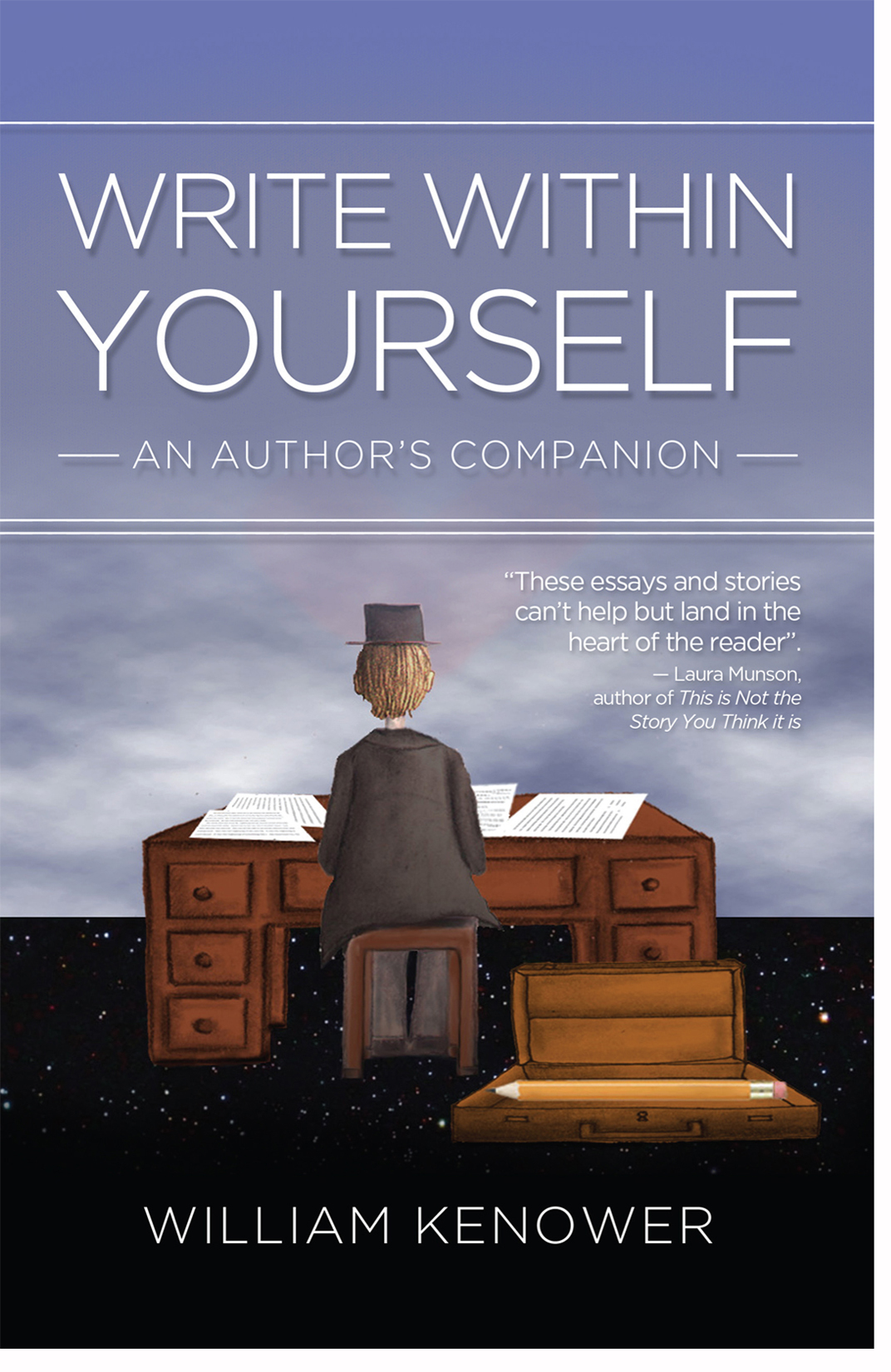The Equality of Stories
I grew up in the seventies and early eighties, when the civil rights movement and the women’s movement were still relatively new ideas. There was much talk of equality and inequality at this time. People were marching for equality, and arguing about it on the Phil Donahue Show, and writing editorials about it in newspapers. I was all for equality, but I found the current of hostility in the marches and the arguments and the editorials off-putting. Nothing I had ever wanted in my life had been achieved through hostility, no matter how well-intentioned. So I watched the marches from the sidelines. This bothered my first girlfriend. Though she had never marched for anything herself, she was planning on doing so very soon. When that day came, she wanted me marching there beside her. “I don’t march,” I told her.
“But you have to. You have to care about things. Don’t you care about anything?”
The question confused me. I did care about things. I just didn’t want to fight or march or argue for what I cared about. I worried that this meant I had no conviction. “I care about the stories I write,” I concluded. “That’s how I’ll help people.”
“That doesn’t count.”
I believed it did count, but I didn’t yet understand why. Because at this same time I lived in a world where, for all our talk of equality, people of all political stripes seemed to spend a lot of time dividing each other up into categories and classes and ranks. In school we were graded and compared; the sports I played and followed all had winners and losers; and sometimes guys would say of certain girls, “Man, she’s out of my league.” I wanted to get good grades, and win the races I ran, and date pretty girls.
But I also wanted to tell stories. Telling a story was like creating a game where everybody won. When you told a story, the audience became whomever the story was about, whether it was a man or a woman, black or white, elf or dwarf. Though I did not love all stories equally, all stories offered an equal invitation to every reader. The only thing that could bar me from entering into a story I read or wrote was my own curiosity.
What’s more, the good feeling I got sharing a story with a friend lasted longer than the short, addictive high of getting a good grade. And the mysterious connection I felt with strangers when we laughed at the same joke or cried at the same ending was preferable to the unnatural separation from the other runners I felt when I won or lost a race. And of course, I didn’t actually want to date any pretty girl, I wanted to date the ones about whom I most curious.
I could not manufacture, control, or command my curiosity, be it for girls or stories; I could only obey it and move effortlessly, or deny it and struggle against its ceaseless current. The choice was always mine, and no one could take it from me nor make it for me. In fact, it is the only true choice I have had to make, a choice I can only assume is open equally to everyone. Perhaps someday the world of schools and politics and publishing will perfectly reflect this inherent equality, though I do not predict I’ll see it in my lifetime. No matter. I will care about the next choice I make as much as I cared about the last.
Write Within Yourself: An Author's Companion.
"A book to keep nearby whenever your writer's spirit needs feeding." Deb Caletti.
You can find Bill at: williamkenower.com


